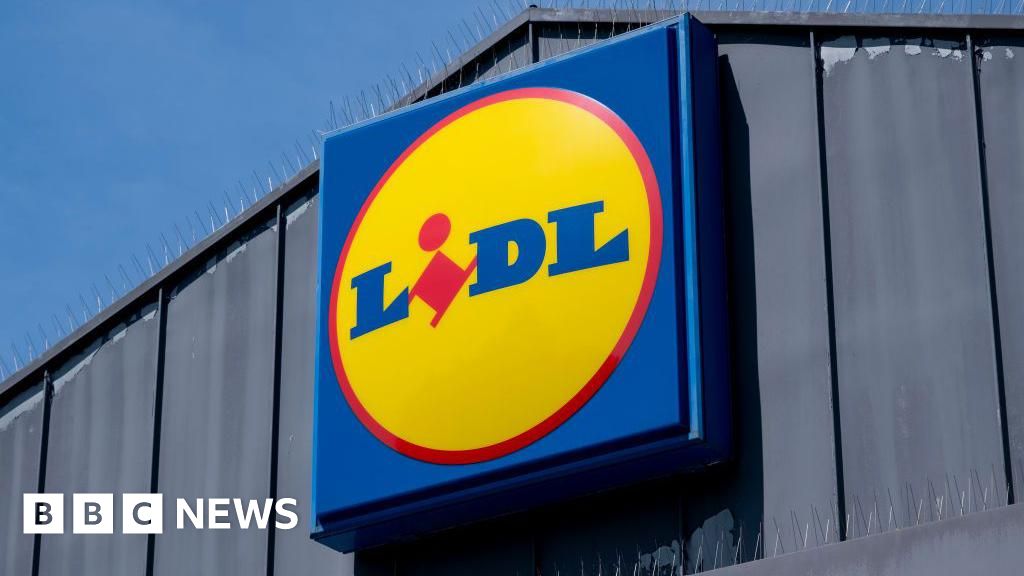Workers will take most of the hit from the upcoming increase to employers' National Insurance (NI) contributions, the government finances watchdog has said.
At the Budget, Chancellor Rachel Reeves said employers will pay NI at a rate of 15% on salaries above £5,000 from April, up from 13.8% on salaries above £9,100.
The Office for Budget Responsibility (OBR) has calculated that three quarters of the impact would be felt by employees as bosses hold back on pay rises and hiring in the face of higher wage bills.
The OBR's Prof David Miles said it was "very plausible" this would disproportionately affect lower-paid workers.
Prof Miles told the Treasury Select Committee on Tuesday that the OBR estimated employers would only take around a quarter of the hit from the NI changes in terms of lower profits.
He suggested that the rest would be felt by workers.
Asked if he agreed with those who say low-paid workers would be disproportionately affected, Prof Miles said "on the face of it, it's very plausible".
He said part of the reason for this is the reduction of the threshold for employers paying the tax.
However, he suggested that the personal impact for workers might see "a bit of an offset" with the increase to minimum wages announced in the Budget.
The OBR's comments come after much debate around Labour's manifesto claim that there would be no tax rises on "working people" following its first Budget in 14 years.
James Smith, research director at the Resolution Foundation think tank, argued that the NI changes were "definitely a tax on working people".
"Even if it doesn't show up in pay packets from day one, it will eventually feed through to lower wages," he said.
Chancellor Rachel Reeves has defended increasing taxes for employers in last week's Budget while saying she is "not immune" to the criticism she has received.
She told the BBC the money raised would help put public finances on a "firm footing".
The decision has come under fire from many businesses, including GPs who argue it could hit services for patients.

 Movie
Movie 1 month ago
35
1 month ago
35 






![Presidents Day Weekend Car Sales [2021 Edition] Presidents Day Weekend Car Sales [2021 Edition]](https://www.findthebestcarprice.com/wp-content/uploads/Presidents-Day-Weekend-car-sales.jpg)



 English (United States)
English (United States)